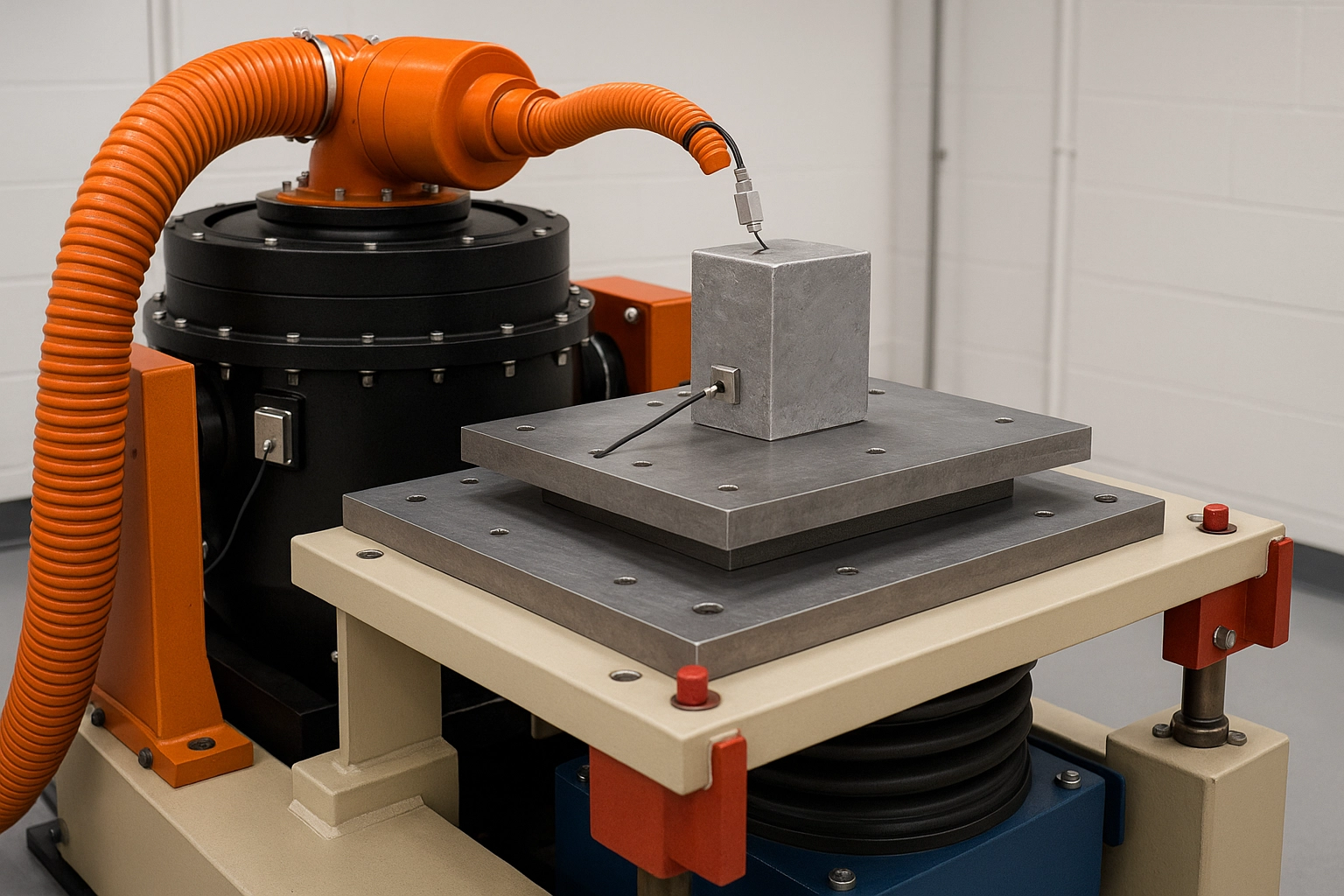JIS D0205 Shock Testing for Automotive Alternators
The JIS D0205 standard is a critical benchmark in the automotive industry, ensuring that components like alternators meet stringent vibration and mechanical shock resistance requirements. This testing method evaluates how well an alternator withstands sudden impacts and vibrations that it might encounter during real-world operation. The test involves subjecting the alternator to controlled shock pulses over a specified frequency range. Compliance with JIS D0205 is essential for automotive manufacturers aiming to deliver reliable products that can endure harsh operating conditions without failure.
The standard covers several aspects crucial for ensuring product durability and safety in vehicles. It defines the criteria for testing, including the type of shock wave, the duration of exposure, and the acceptable limits for performance degradation. The test setup typically includes a shaker system capable of generating controlled shock pulses that simulate potential impacts on the alternator during vehicle operation or transportation.
The JIS D0205 protocol is particularly important in automotive engineering as it helps identify potential weaknesses early in the product development cycle, allowing for design improvements before mass production. By adhering to this standard, manufacturers can enhance their reputation for quality and safety, which is vital in an industry where reliability directly impacts customer satisfaction and trust.
Compliance with JIS D0205 also facilitates smoother regulatory compliance processes by ensuring that products meet international standards recognized globally. This alignment reduces the risk of product recalls or issues during exportation to markets that require adherence to specific testing protocols.
In summary, JIS D0205 shock testing is a critical process in automotive manufacturing and design. It plays a pivotal role in safeguarding the integrity of alternators against mechanical stressors, thereby contributing significantly to overall vehicle performance and longevity. The rigorous nature of this test ensures that only robust components find their way into production lines, ultimately enhancing consumer safety and satisfaction.
Industry Applications
The automotive sector relies heavily on testing standards like JIS D0205 to ensure the reliability and durability of its products. This includes not just alternators but also other critical components such as engines, transmissions, and electronic control units (ECUs). By subjecting these parts to vibration and mechanical shock tests per JIS D0205 guidelines, manufacturers can validate their design against real-world conditions.
- Alternators: Ensuring the alternator's robustness under various shock scenarios is vital for maintaining power supply reliability in vehicles.
- ECUs: Testing ECUs helps verify that they remain functional and accurate after experiencing shocks, which can affect electronic performance.
- Engines: Engines must withstand significant vibrations during operation; thus, testing them per JIS D0205 ensures long-term durability and efficiency.
The results from these tests provide valuable insights into potential areas of improvement in design and manufacturing processes. Engineers can use this information to refine component designs, optimize materials, and enhance overall product quality.
Customer Impact and Satisfaction
Adhering to JIS D0205 shock testing not only enhances the reliability of automotive components but also significantly impacts customer satisfaction. By ensuring that alternators can endure harsh environmental conditions, manufacturers demonstrate a commitment to delivering high-quality products.
Customers benefit from this increased quality through improved vehicle performance and reduced maintenance costs. A reliable alternator ensures consistent power supply, which is essential for the operation of various electrical systems in modern vehicles. This consistency translates into smoother driving experiences and fewer unexpected breakdowns on the road.
The reputation built around such standards also contributes to customer trust and loyalty. When consumers know that their vehicles meet rigorous testing protocols like JIS D0205, they are more likely to feel secure about purchasing from these brands. This trust fosters long-term relationships between manufacturers and customers, leading to higher repeat business rates.
In addition, compliance with international standards like JIS D0205 can open up new markets for automotive components. Many countries have stringent regulations regarding the safety and reliability of vehicle parts. Meeting these requirements through testing protocols like JIS D0205 positions manufacturers as leaders in quality assurance, enhancing their competitive edge globally.
Ultimately, the impact of JIS D0205 shock testing extends beyond just product performance; it shapes customer perceptions about brand integrity and reliability. This comprehensive approach to quality control ensures that every component meets the highest standards, thereby setting a benchmark for excellence in automotive manufacturing.





